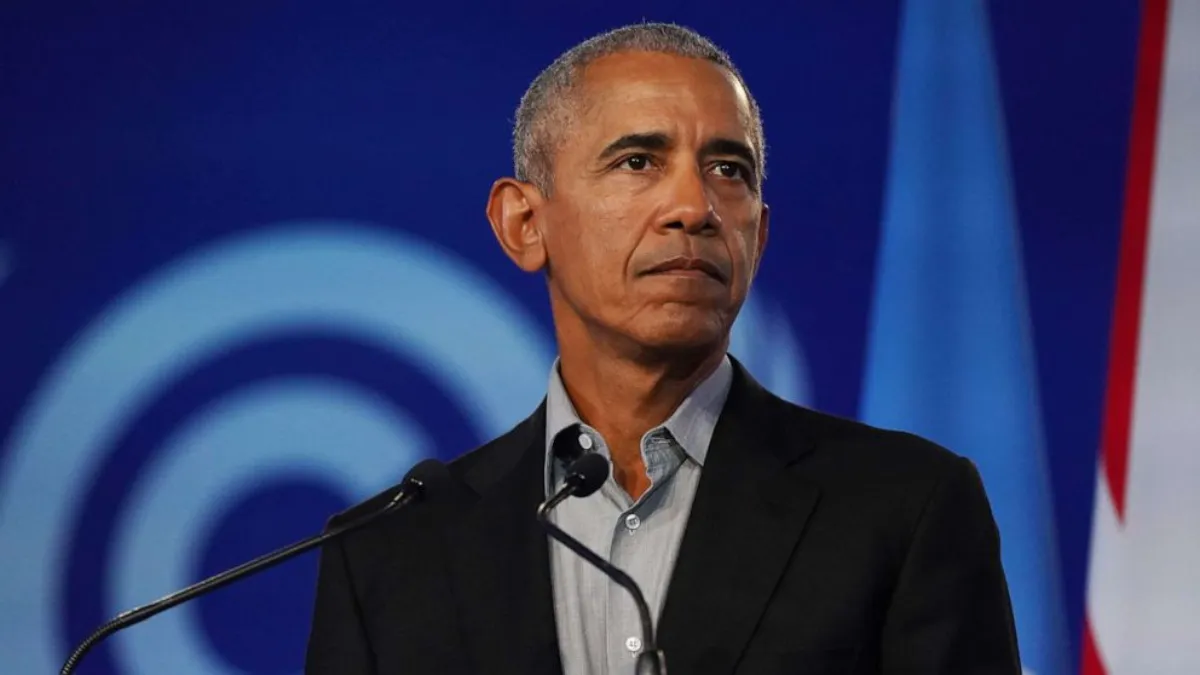In the annals of American history, one name stands out as a symbol of progress, hope, and breaking barriers – Barack Obama. Elected as the 44th President of the United States, Barack Obama made history by becoming the first Black president, leaving an indelible mark on the nation and inspiring millions around the world. As we delve into the journey and accomplishments of Barack Obama, we unravel the significance of his presidency and its lasting impact on the landscape of American politics.
Born on August 4, 1961, in Honolulu, Hawaii, Barack Hussein Obama II was raised in a diverse and multicultural environment. His unique background, with a Kenyan father and a Kansan mother, contributed to a worldview that would later shape his political ideology. After graduating from Columbia University and Harvard Law School, Obama worked as a community organizer and civil rights attorney before entering politics.
In 1996, he was elected to the Illinois State Senate, where he served with distinction before making the leap to national politics. His keynote address at the 2004 Democratic National Convention catapulted him into the national spotlight, setting the stage for his historic presidential campaign.
In 2008, Barack Obama embarked on a groundbreaking presidential campaign that centered on themes of unity, hope, and change. His message resonated with a diverse coalition of Americans, transcending racial and generational divides. On November 4, 2008, Barack Obama achieved a historic victory, securing the presidency and marking a transformative moment in American history.
During his first term, President Obama faced an array of challenges, including the economic recession, healthcare reform, and the withdrawal of U.S. troops from Iraq. His signature legislative achievement, the Affordable Care Act (Obamacare), aimed to extend healthcare coverage to millions of Americans. Additionally, he signed the Dodd-Frank Wall Street Reform and Consumer Protection Act to address financial regulation.
In 2012, Barack Obama secured his reelection, solidifying his legacy as a transformative figure in American politics. His second term saw continued efforts to address issues such as climate change, immigration reform, and gun control. Notably, he presided over the operation that led to the death of Osama bin Laden in 2011.
Barack Obama’s presidency holds a profound place in American history. Beyond his policy achievements, his presidency symbolized a milestone in the ongoing struggle for racial equality. His election shattered a racial barrier that had persisted for centuries, inspiring a new generation of leaders and demonstrating the potential for progress in a diverse and evolving nation.
Obama’s leadership style, characterized by pragmatism, eloquence, and a focus on unity, left an enduring impact on the nation’s political landscape. His ability to navigate complex challenges with grace and resilience contributed to a legacy that extends beyond the White House.
Barack Obama’s historic tenure as the first Black president of the United States is a testament to the evolving nature of American democracy. His presidency represents a chapter of progress, demonstrating that diversity, inclusivity, and hope can propel a nation forward. As the 44th president, Barack Obama not only left an indelible mark on history but also paved the way for future leaders to build upon the ideals of unity, equality, and the promise of a more perfect union.


